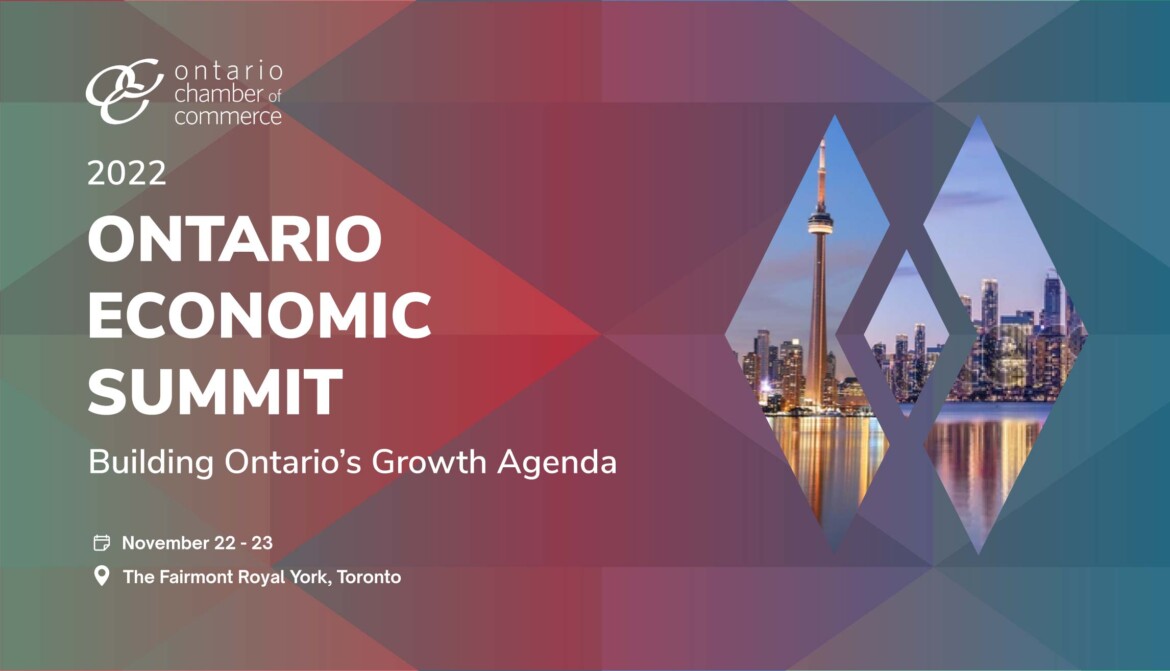As central banks continue to battle rising inflation, they are choosing between two bad options: continuing price hikes or a costly recession.
If the Bank stamps too hard on the brake, hiking interest rates higher than needed, it could cause a deeper recession and more job losses than necessary. On the other hand, if the Bank is too cautious, inflation could continue to rise and spiral out of control.
“People will go out and they will start demanding higher wages, and employers will grant higher wages, and then have to raise prices,” said Philip Cross, a senior fellow at the Macdonald-Laurier Institute, in an interview with The Hub.
The cycle would continue, only to be broken by dramatic action by the central bank. This scenario actually combines both bad options, with runaway prices leading to a devastating recession.
“I think the worst case scenario is actually what happened in the ’70s, which is inflation expectations unanchoring. And then you need these massive rate hikes and you need a large recession to bring it back,” said Karyne Charbonneau, an economist at CIBC, in an interview with The Hub.
When inflation is unanchored, it means people no longer expect that it will come down to the Bank’s target rate of two percent. They might demand higher wages to catch up with higher prices or they may prioritize large purchases to avoid a much higher price in the future, inflaming inflation even further.
Charbonneau said Canada is not in that kind of situation yet.
“We’re not in the ’70s situation right now. Inflation expectations have risen at shorter horizons but people still believe that inflation will come back down to two percent. They’re not making long-term decisions as if inflation will be permanently high,” said Charbonneau.
Speaking to reporters last week, Bank of Canada governor Tiff Macklem warned of the dangers of runaway inflation and has even drawn the ire of union leaders by discouraging companies to offer wage hikes to match current inflation levels.
“If we don’t do enough, Canadians will continue to endure the hardship of high inflation and they will come to expect persistently high inflation, which will require much higher interest rates and potentially a severe recession to control inflation. Nobody wants that,” said Macklem.
Cross said there’s some evidence that wage increases are either being kept to normal levels or being distributed as one-time payments, which will dampen the inflationary effect.
“I think it suggests that there is a window, a very small window, where if the Bank of Canada can convince people that it will bring inflation under control, that inflation won’t be built into higher wage settlements,” said Cross.
It might be a tough case to make to workers who have seen their disposable income fall by seven percent in the last year, but Cross said it’s a natural correction after the buying power of Canadian households was artificially juiced during the pandemic even while GDP plummeted.
Canadians continue to tell pollsters that their finances are in rough shape in the wake of the pandemic.

A few cases of high-profile public sector bargaining can provide partial insight into whether or not wages are being negotiated up as a result of inflation. So far, it’s a mixed bag. In September, B.C.’s largest public sector union negotiated a double-digit wage hike while, in Ontario, the Ford government is trying to keep public sector salary increases to one percent for the next three years.
On Monday, a union representing Ontario education workers said its members will walk off the job on Friday after the provincial government introduced legislation to impose a contract on the workers. The union didn’t rule out further protests.
Cross said he’s worried that the Bank of Canada’s rate hike last week, which came in at 50 bps instead of the 75 bps expected by the market, will send the wrong signal. The best thing the Bank can do to adjust the expectations of Canadians is to appear to be taking inflation seriously, he said.
“It’s a very small window. If predictive things like gasoline prices turn up again, and food inflation remains high, it’s just a matter of time before it’s reflected in higher wages. So you would have thought the Bank of Canada will do everything possible to convince people to keep inflation expectations low,” said Cross.
“The rest of the Bank’s failings on this, at this point, are just so great. You just shouldn’t be taking any chances,” said Cross.
The divergence from the U.S. begins
Things might get more complicated for the Bank of Canada on Wednesday when the Federal Reserve announces its own rate hike.
The Fed has already resolved to take interest rates higher than the current levels in Canada and some experts are urging it to go further. Although a little bit of divergence between Canada and the U.S. on interest rates is expected by economists, any more than expected might wreak havoc with the Canadian dollar, which is already slumping.
“If (the Fed) goes to 75 points and we start seeing more downward pressure on the dollar, the Bank of Canada’s strategy is not going to look good,” said Cross.
According to a Reuters poll of economists, the Fed is expected to announce a 75 bps rate hike on Wednesday, followed by smaller raises until inflation cuts in half.
“The fed funds rate is now seen peaking nearly 50 bps above the Bank of Canada’s overnight rate. That would be well within historical patterns—the Fed hiked an additional 50 to 100 bps in each of the past three tightening cycles,” wrote Josh Nye, a senior economist at RBC, in a recent analysis.
“We think some policy divergence is also reasonable given the Canadian economy’s greater exposure to housing and higher levels of household debt.”




